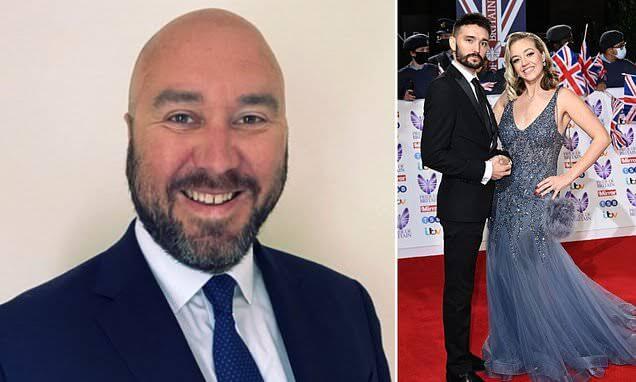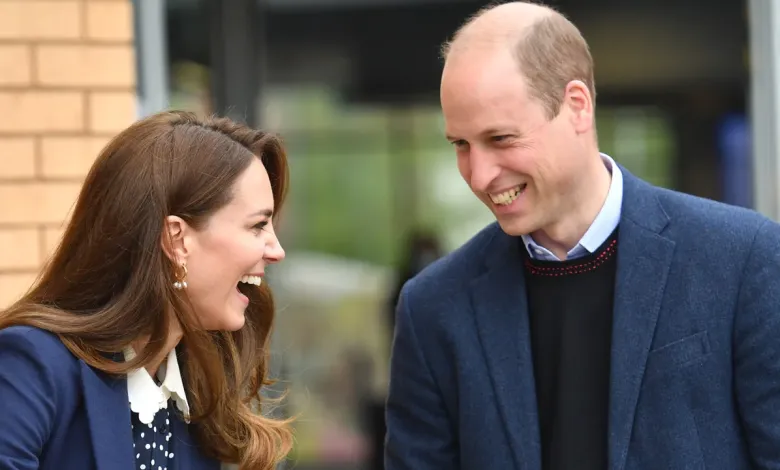A cancer-stricken man given months to live has stunned doctors after his deadly brain tumour effectively vanished.
Ben Trotman, 41, from West Sussex, signed up for a world-first treatment trial after his shock glioblastoma diagnosis in October 2022.
Had 9 Months Left
Told he had likely had just nine months left, he and fiancée Emily brought forward their wedding to last January.
But Mr Trotman, an investment banker at JP Morgan, is now living a normal life, all because of the ‘lucky break’ therapy he received. Doctors claimed his remarkable recovery was ‘previously unheard of’.

Typical treatment plans for glioblastoma see patients have surgery before chemo and radiotherapy. This is still the same way it was treated in the early 2000s.
Dr Paul Mulholland, a brain cancer specialist based at University College Hospital, London and head of the new trial, told The Times, that the end result is ‘the same story every time’.
The disease — which strikes around 3,000 Brits and 12,000 Americans each year —usually returns before ultimately killing patients, Dr Mulholland said.

Under his trial, patients were supposed to get a course of immunotherapy before undergoing the usual course of treatments.
READ ALSO: The REAL reason Tom Brady didn’t WANT to divorce Gisele Bundchen
About Immunotherapy
Immunotherapy revs up the body’s internal weaponry to hunt and destroy cancer cells.
The unnamed drug used, which is not yet widely available, saw him suffer a severe headache.
Good Riddance
Doctors said this was a good sign because it showed his immune system had ‘woken up’ and was attacking the tumour.
Dr Mulholland has now urged for the same approach to be taken in future trials.
It comes as Labour MP Dame Siobhan McDonagh last month introduced a bill to parliament calling on an increase in the number of brain tumour clinical trials.
The MP for Mitcham and Morden lost her sister Baroness Margaret McDonagh, a Labour peer, to a glioblastoma in June last year.
Under the bills recommendations include, compulsory training for NHS cancer doctors on brain tumours and at least 200 patients a year to join clinical trials.












